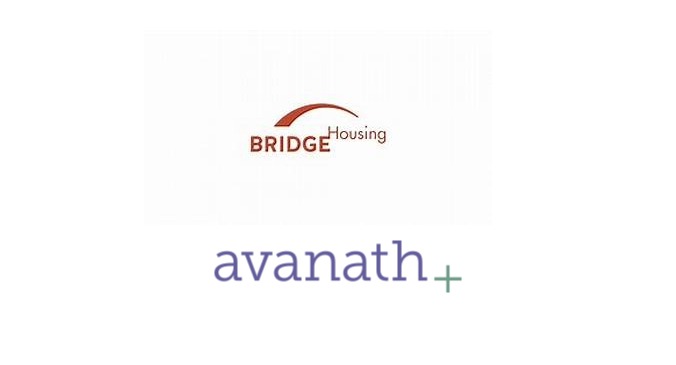Senior living providers have found offering technology platforms to residents as an amenity is a driver in boosting occupancy, and the platforms are streamlining the workflows of employees.
Residents, meanwhile, are now demanding a variety of content and experiences from providers to keep themselves engaged, and want video platforms in order to stay connected with staff and their neighbors inside a community, as well as loved ones outside a building’s walls.
These are among the main takeaways from a new summer insights report released from senior living-focused technology company K4Connect.
The report features user data from over 40 senior living communities across the country from January 2021 to April 2021, highlighting staff, resident and family member usage trends of the company’s platform, K4Community.
Additionally, the report includes survey data from over 360 residents and 50 staff members currently using K4Community in assisted living, independent living and memory care settings.
Overall, the findings were not surprising to K4Connect co-founder and CEO Scott Moody. All of the trends highlighted in the report were occurring naturally, pre-pandemic. But there was a gap in the technology adoption lifecycle between the innovators of technology and early adopters of platforms, and wider acceptance by a majority of consumers—this is known as crossing the chasm.
COVID-19 blew up the idea of the chasm, Moody said.
“It accelerated the entire adoption process,” he said.
Technology driving occupancy gains
One revelation from the report is the importance of having technology platforms as an amenity for prospective residents, and how these platforms can drive occupancy rates: 83 percent of staff participating in the report indicated that offering technology as an amenity improves occupancy.
Having technology in place took on greater importance during the pandemic.
As communities across the country went into lockdown protocols to keep residents safe, technology helped solve connectedness challenges between residents, the staff inside their buildings and loved ones outside a community.
A high number of residents proved to be tech savvy, as well: 92 percent of residents in the report owned a smartphone; 58 percent owned a device with a voice assistant; and 40 percent owned fitness trackers.
Throughout the pandemic, residents were receptive to and highly engaged with virtual events, which helped alleviate loneliness and isolation when their movements were restricted within communities.
K4Connect reported a 98 percent increase in events accessed by residents via the K4Community app from January 2021 to March 2021. Even sign-ups by residents increased 84 percent during that span, and 81 percent participated in Zoom or other virtual meetings.
Moreover, 89 percent of residents indicated having a variety of content and experiences at their disposal is important to them, 83 percent said it was important to have access to a resident directory, and 70 percent believe having access to an app or website to make video calls is important to them.
This represents a sea change, compared to pre-pandemic times when residents were more focused on the types of activities a community offered, or physical amenities such as swimming pools, fitness centers or common spaces. As the industry heads into a post-pandemic environment, connectivity will matter even more.
Seniors don’t want to move into a community where, if something like this happens again, they’re stuck in their room and don’t have the ability to communicate,” Moody said.
Improved employee workflows
Senior living staff also realized the benefits of having technology in place during COVID-19.
Staff shortages and retention challenges were compounded last year by positive Covid-19 tests among employees and their families.
Additionally, long-term care staff members were essential workers, holding down their jobs while also having to manage personal difficulties brought on by school closures and fears that they might have carried the virus into their homes, after a shift.
As the pandemic progressed, senior living employees participating in the K4Connect report valued using technology that simplified and accelerated their daily tasks, from content creation and distribution to improved communications with residents.
The report revealed a 73 percent increase in the number of community notices, announcements and menu changes; 62 percent of communities in the study are using content automation, which lead to a time savings of 30 percent for staff; 42 percent and all community notices, announcements and menus managed by staff leveraged K4Community’s multiple audience/destination feature.
The time savings realized through these measures allowed employees to stay on the floor for longer periods of time and care for residents. Meanwhile, the combination of technology and in-person interactions resulted in better engagement, Moody said.
And it appears as if a hybrid model of in-person and virtual activities will become the norm, in a post-pandemic landscape.
“No one is saying, ‘We don’t need this stuff anymore,’” he said. “It fills an important part of their lives.”
Author Chuck Sudo, Senior Housing News
















